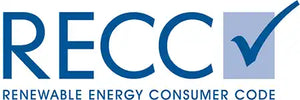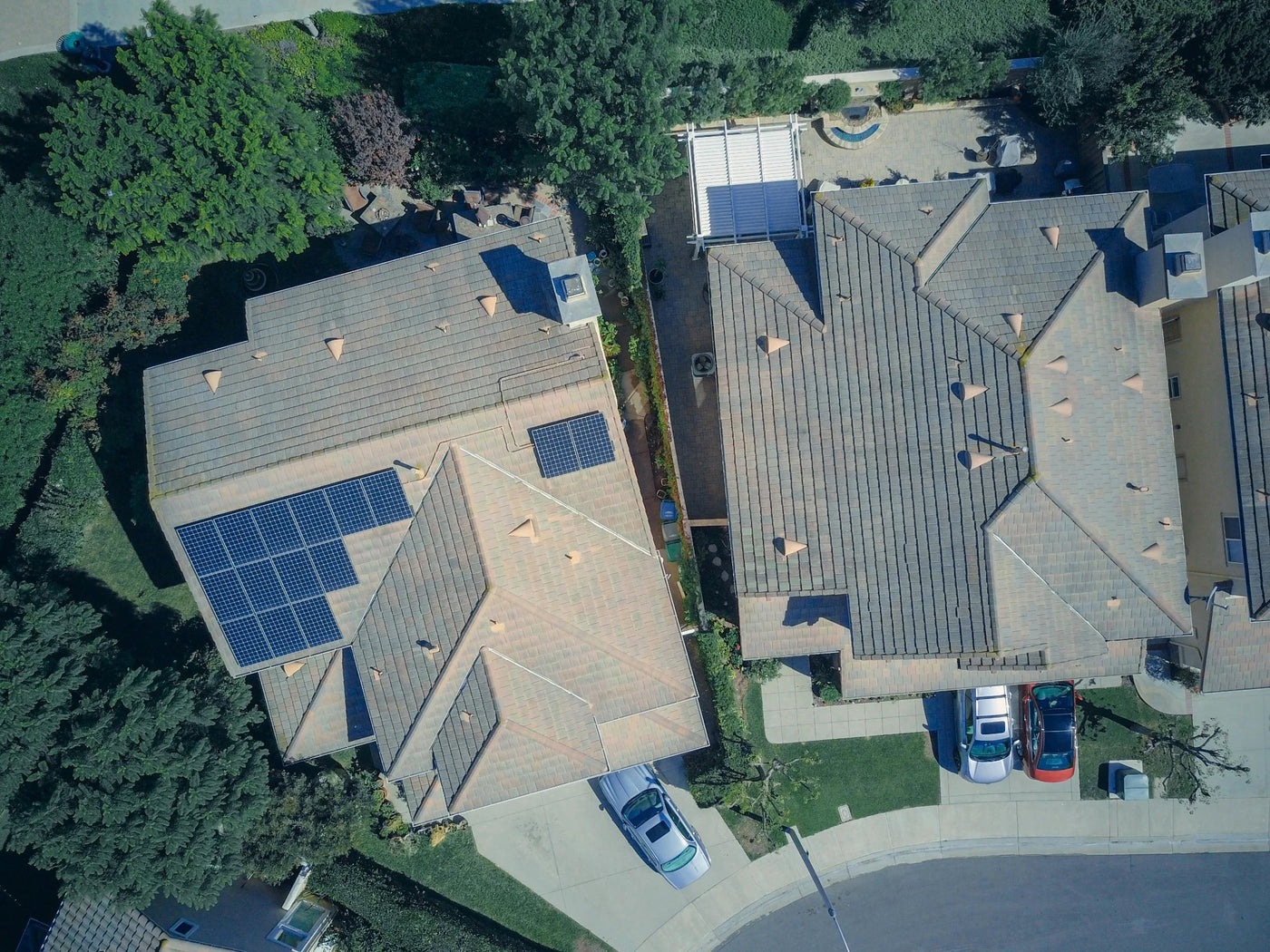
The Renewable Energy Dream Team
Solar Panels + Far Infrared Heating
In today’s world of rising energy prices and environmental urgency, more homeowners are asking:
“Can far infrared (FIR) heating work with solar panels?”
Short answer? Absolutely. Long answer? Keep reading.
Solar PV and far infrared heating are the perfect partners in energy efficiency. Together, they create a low-maintenance, clean-energy setup that slashes energy bills, shrinks your carbon footprint, and gives you real control over your home’s energy use.

Best Price
We will beat any like-for-like battery storage price anywhere in the UK

Install Included
Team of nationwide MCS installers across the UK
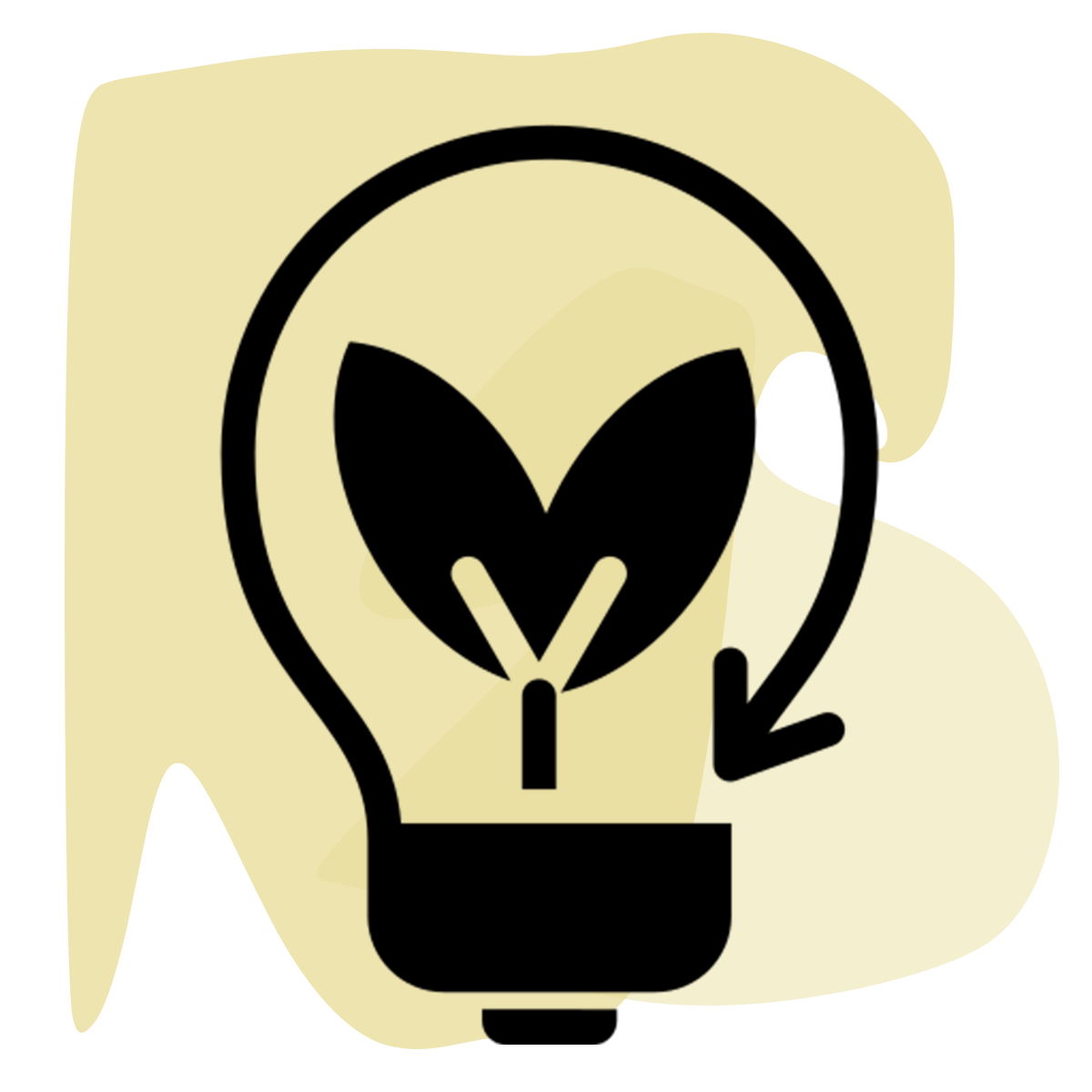
Renewable Brands
Full range of brands from Duracell Energy to Canadian Solar
Why Solar PV and Far Infrared Heating Are Better Together
Ultra-Efficient Energy Use
FIR panels operate at low wattage and convert nearly 100% of electricity into heat. They're far more efficient than convection heaters, electric radiators, or storage heaters.
Perfect Match for Solar Output
Solar PV systems generate electricity during the day. FIR heating systems can run directly off that solar energy with minimal energy draw — no need to rely on the grid or gas.
Shield Yourself from Rising Costs
Using solar energy to power your heating protects you from volatile energy prices. Bonus: You can earn money through schemes like the Smart Export Guarantee (SEG).
How It Works
From Sunlight to Toasty Warmth
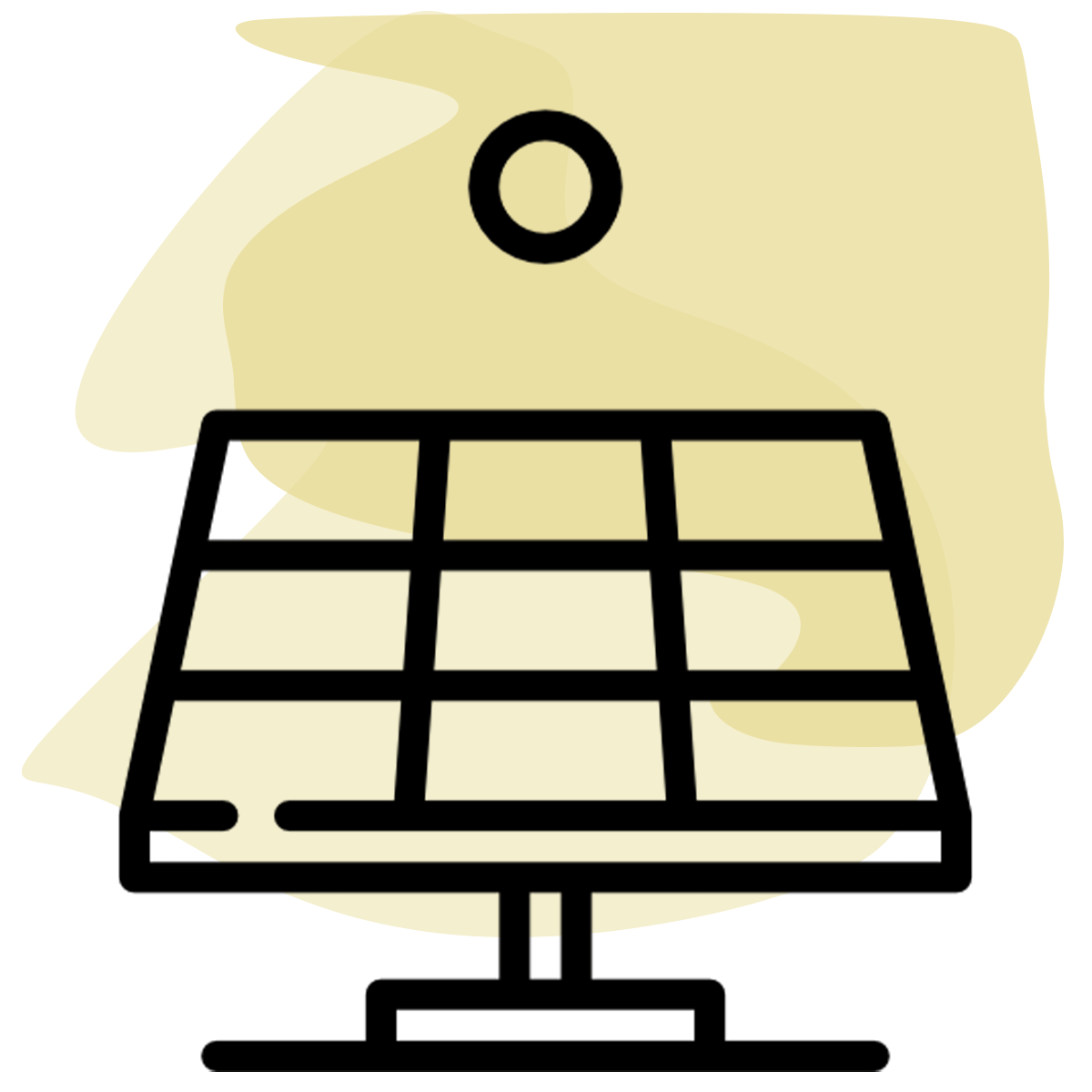
Solar panels convert sunlight into electricity.

That electricity powers your FIR heating system.
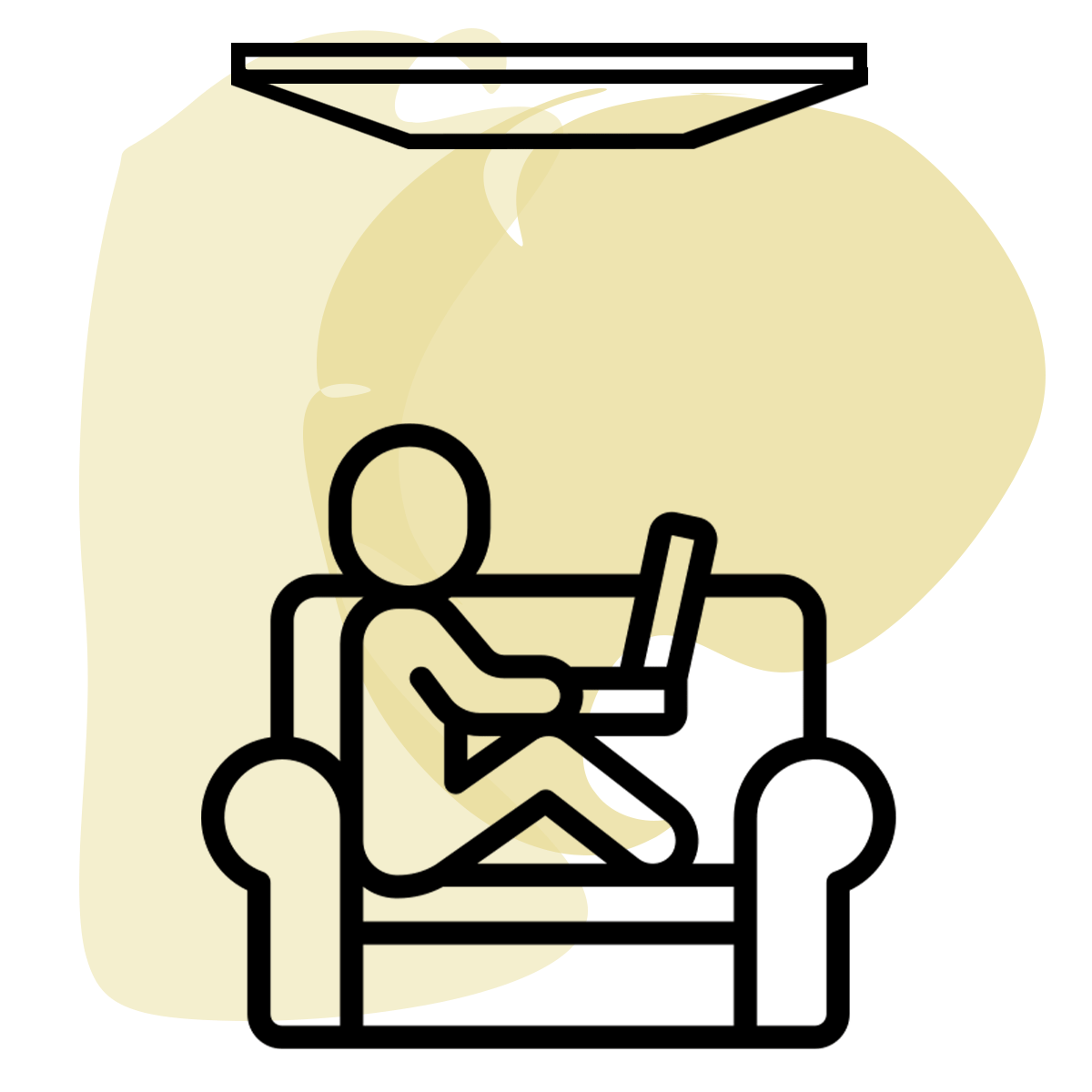
Heat is delivered directly to people and objects (not just air).


Battery Storage Bonus
Duracell Dura5 LiFePO4 Battery
- 5.12kWh capacity
- 51.2V 100Ah
- 1C operation for rapid charging
- 10-year warranty
- Lithium iron phosphate = top-tier safety + performance
Perfect for storing solar energy and running your FIR panels long after sunset.
Discover How Much You Can Save on Your Energy Bills with a Free Instant Quote

Step one
Quote Provided

Step Two
Online Survey

Step Three
Quick Installation
Did You Know?
FIR heaters are almost 100% efficient
Solar PV could supply 16% of the world’s electricity by 2050.
Homes using solar + FIR heating can cut annual energy consumption by 25%.
Advances in battery tech mean off-grid home heating is now more practical than ever.
Ready to Power Up Your Home?
Get a Free, No-Obligation Quote Today
FAQ
Using solar panels offers numerous benefits. They can significantly reduce your energy bills by harnessing free, renewable energy from the sun. Solar panels also increase the value of your property and offer substantial tax incentives and rebates. Additionally, they reduce your carbon footprint, contributing to environmental sustainability. With lower maintenance costs and increasing energy independence, solar panels are a smart, eco-friendly investment for your home or business.
Yes, solar panels are worth it. They provide significant savings on energy bills by utilizing free, renewable solar energy. Over time, the initial investment is offset by reduced electricity costs and potential earnings from selling excess energy back to the grid. Solar panels also increase property value and offer tax incentives, rebates, and long-term financial benefits. Additionally, they contribute to a greener environment by reducing your carbon footprint. With decreasing installation costs and rising energy prices, solar panels are a smart and sustainable investment for your home or business.
Yes, solar panels can power a house. Modern solar panel systems are designed to generate enough electricity to meet the energy needs of an entire home. By converting sunlight into electricity, solar panels provide a reliable and renewable energy source. With a properly sized system and adequate sunlight, you can power all your household appliances and devices. Additionally, pairing solar panels with battery storage ensures a continuous power supply, even during cloudy days or at night. This makes solar panels a viable and sustainable option for powering your home.
Solar panels work by converting sunlight into electricity through a process called the photovoltaic effect. Each solar panel is made up of many solar cells, usually composed of silicon. When sunlight hits these cells, it knocks electrons loose, creating an electric current. This direct current (DC) electricity is then converted into alternating current (AC) electricity by an inverter, making it usable for your home. The generated electricity can power your appliances and, if you produce more than you use, the excess can be stored in batteries or sent back to the grid. Solar panels are an efficient, renewable energy source that helps reduce electricity bills and lower carbon emissions.
Other
You can contact us through our contact page! We will be happy to assist you.


